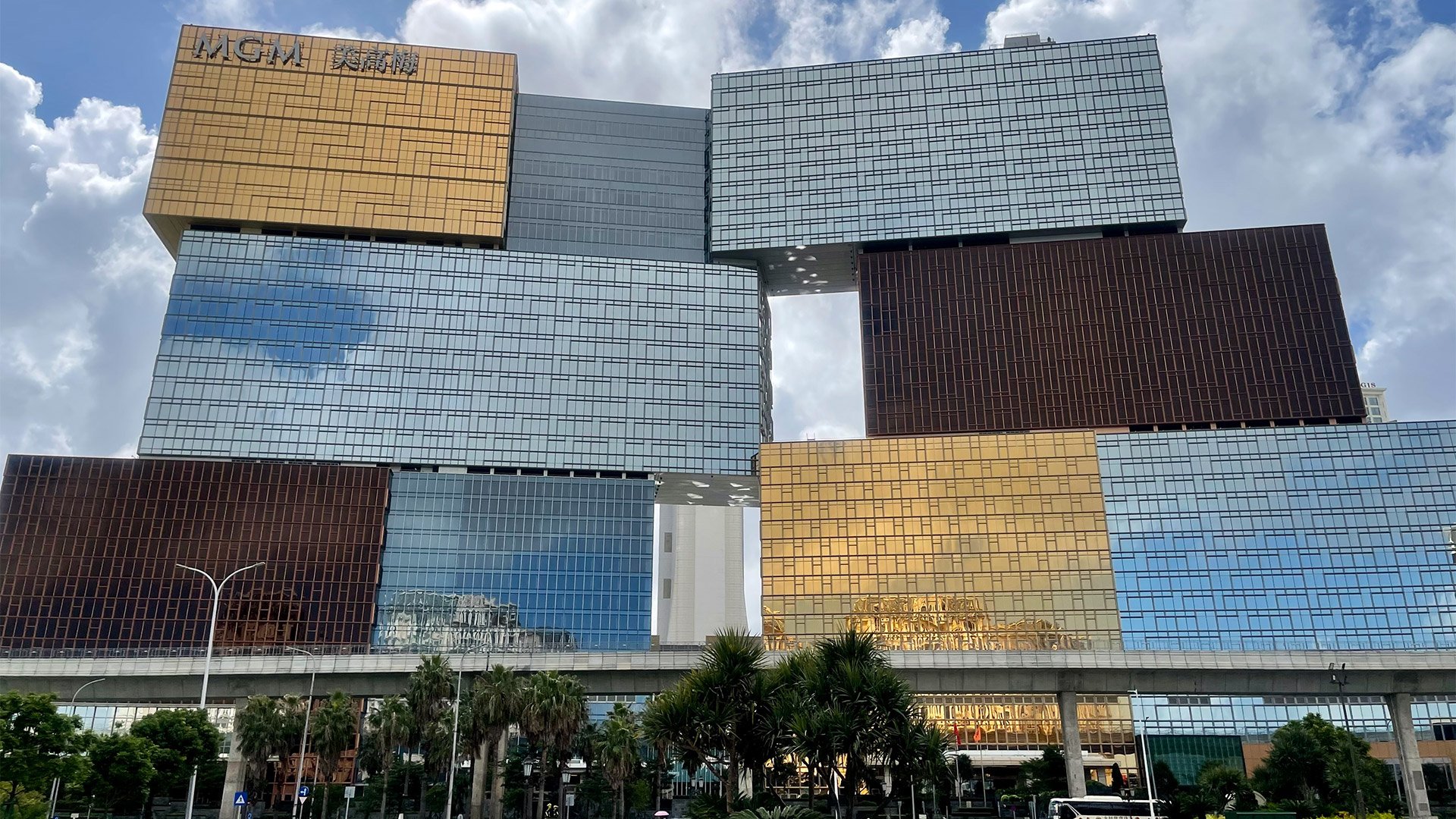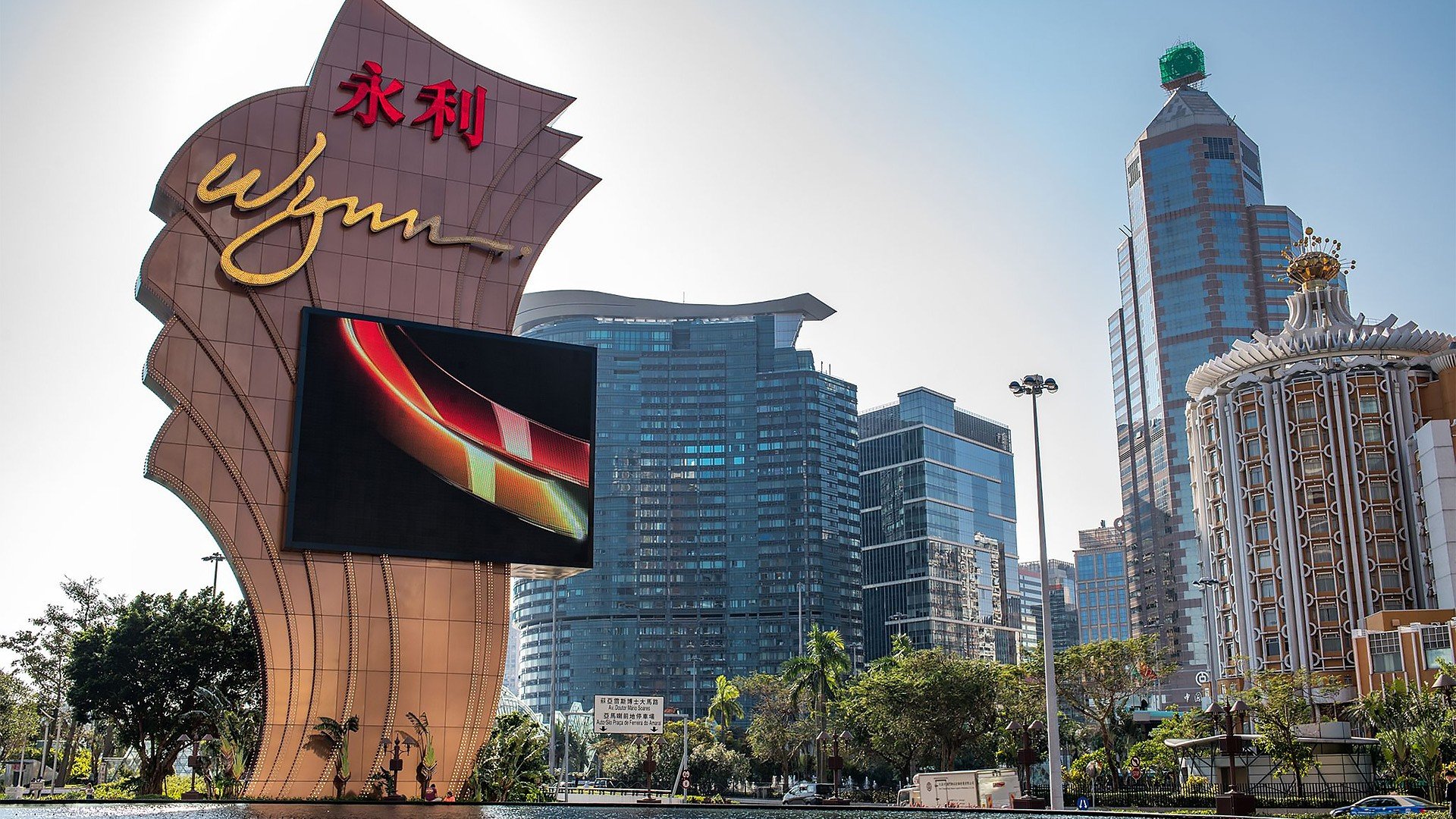Macau gaming companies MGM China, Sands China, Wynn Macau, SJM Holdings, Galaxy Entertainment, and Melco Resorts began operating their new licenses on January 1, following the conclusion of 2022’s bidding process. But while the businesses are eager to start welcoming guests to their casino floors, their fate also hangs in meeting the government’s mandate of diversifying away from gambling, by far their main source of income. However, experts and analysts believe monetizing non-gaming ventures might be hard to accomplish.
For the past two decades, the six operators accumulated billions of dollars from their casinos in Macau, turning the once sleepy fishing village into a major gambling hub. Now, at a time when COVID-19 restrictions have caused a dramatic decrease in gaming revenues, resulting in what was the worst annual performance on record for 2022, operators were granted 10-year, shortened contracts.
As of late, the region has recently seen a loosening of pandemic curbs, thus fueling optimism about a long-awaited recovery for the year ahead. Now, the city has moved to lift all restrictions for entry, only requiring a 48-hour test for foreign arrivals. Still, how a rebound will play out remains to be seen.

As reported by Reuters, casinos have committed to investing a total of $15 billion in the coming decade, 90% of which must be spent on non-gaming. However, executives and analysts believe operators will find it hard to monetize their non-gaming ventures given their poor track record since 2001, when the former Portuguese colony first liberalized the industry.
Ben Lee, the founder of Macau gaming consultancy IGamiX, said that non-gaming revenues, which averaged around 5% of overall gaming revenues pre-COVID, must grow to more than 30% in the next decade. “For the past 20 years, none of the operators have managed to establish any significant progress in non-gaming,” he told the cited source.
“Contrary to the vaunted Las Vegas model, non-gaming in Asia does not carry the same profit margin as spending behavior is quite different over here,” he noted while adding that Galaxy, Melco, and Sands were likely to fare better at diversifying based on their track record and management team.

In December, following the formal awarding of their contracts, casinos unveiled non-gaming plans including indoor waterparks, health and wellness centers, art exhibitions, and a large garden attraction by Sands, similar to Singapore’s Gardens by the Bay.
Macau’s current non-gaming attractions have focused on retail and dining, with some entertainment offerings such as Melco’s nightclubs, Galaxy’s cinema, Sands’ themed Venetian and Parisian properties, and its exhibition arena.
But it pales in comparison to Las Vegas, which boasts daily entertainment and draws an international crowd, the above-mentioned media analyzed. More than 90% of Macau’s visitors are from greater China, prompting the government to require operators to attract foreign tourists as part of their new contracts.

New rules also stipulate that companies must routinely submit to the government the progress of their investment projects, the value of their investments, and the execution period. Increased regulatory oversight comes as Macau casinos face much higher debt levels versus 2019. Net debt increased four-fold to $23 billion in 2022 and it may only peak by the end of 2023 at $24 billion, Morgan Stanley said in a December note.
According to executives, the difficulties faced by Macau’s casinos are further exacerbated by a lack of connections to international markets, inadequate infrastructure, a dearth of skilled labor, and reputational damage due to their handling of the COVID crisis.
According to David Green, head of Macau gaming consultancy Newpage, Macau has few direct flights from potential markets outside China, while transport within the city is limited to move large groups of people around. “There is no indication that I have seen that the government is, or intends to address these weaknesses. Given the serial mismanagement of public works…it leaves concessionaires with a less than optimal host attraction proposition,” he stated.
A lack of land also hinders further development, while competition to hold conferences and exhibitions is rife from cities like Hong Kong and Singapore and within China itself.
Alidad Tash, who worked as a senior executive in Macau’s casinos since 2006 and now runs consultancy 2nt8, said the biggest challenge for operators was that mainland Chinese already have access to conventions, restaurants, shows, and shopping in their own cities. “What they come to Macau primarily for is the one thing that is not legally allowed within China: gambling,” he pointed out to Reuters.
